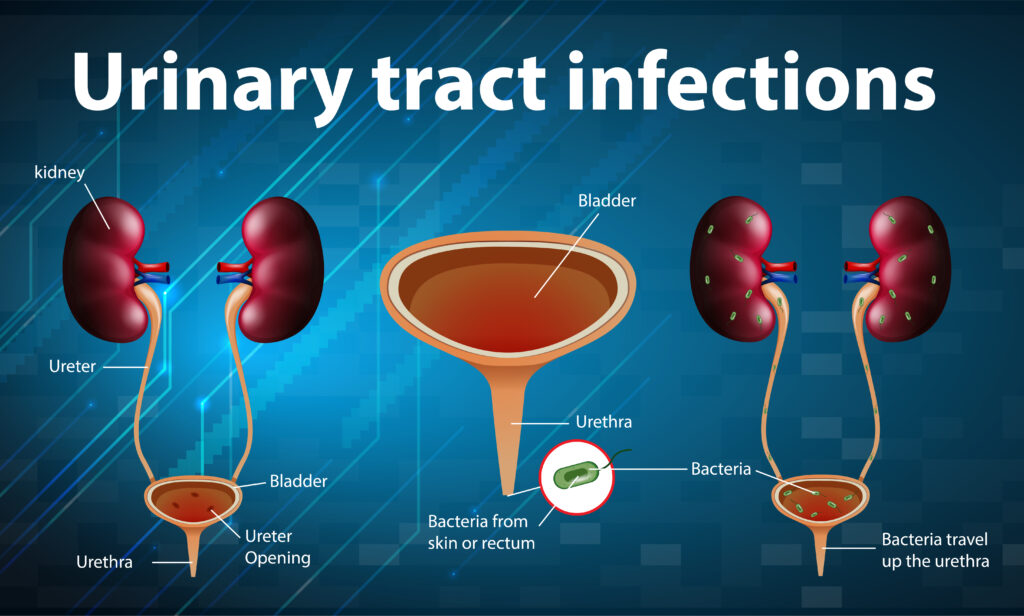Introduction
In the realm of urban development and environmental consciousness, one trending topic that has captured the attention of residents and policymakers alike is Urine Management in Chennai.
The southern metropolis, known for its rich cultural heritage and rapid urbanization, is now steering towards sustainable practices in waste management, with a particular focus on urine.
The Challenge
Chennai, like many growing cities, faces the challenge of efficiently managing its waste, including the often-overlooked aspect of urine disposal. The traditional approach of channeling urine into the general wastewater system not only strains the infrastructure but also poses environmental hazards. Excessive nitrogen and phosphorus from urine can contaminate water bodies, leading to serious ecological consequences.
The Urgency for Change
Recognizing the urgency for change, Chennai is increasingly shifting towards innovative urine management solutions. The city aims to tackle the environmental impact of urine while harnessing its potential as a valuable resource. This shift aligns with global efforts to create sustainable urban environments and reduce the ecological footprint of cities.
Sustainable Solutions
One notable approach gaining traction in Chennai is the implementation of urine separation technologies. These technologies allow for the collection and treatment of urine separately, preventing its mixture with other wastewater streams. By doing so, the city can minimize the environmental impact of urine and explore its potential for reuse in agriculture and other applications.
Community Engagement
Effective urine management goes beyond technological solutions; it requires active community engagement. Awareness campaigns and education initiatives are being rolled out to inform residents about the importance of responsible urine disposal. Communities are encouraged to participate in the movement, contributing to the city’s overall sustainability goals.
Economic Opportunities
Beyond the environmental benefits, Urine Management in Chennai presents economic opportunities. The recovered nutrients from urine can serve as a valuable resource for agriculture, reducing the dependence on chemical fertilizers.
This, in turn, contributes to the creation of a circular economy, where waste is transformed into valuable inputs for other processes.
Government Initiatives
The government of Chennai has taken a proactive role in promoting urine management initiatives. Policies and regulations are being formulated to incentivize businesses and individuals adopting sustainable practices. By providing support and encouragement, the government aims to create a conducive environment for the widespread adoption of urine management technologies.
Challenges and Future Prospects
While the momentum towards better urine management is promising, there are challenges that need addressing. Infrastructure development, public acceptance, and the integration of new technologies into existing systems pose hurdles that require collaborative efforts. However, the city’s commitment to sustainable development suggests a positive trajectory for overcoming these challenges in the near future.
Conclusion
In conclusion, the trend of Urine Management in Chennai reflects a broader global shift towards sustainable urban practices. By addressing the environmental impact of urine and harnessing its potential as a resource, the city is paving the way for a more ecologically conscious and economically viable future.
As Chennai navigates the waves of progress in urine management, it stands as a beacon for other cities seeking innovative solutions to urban challenges. The journey towards a sustainable and urine-responsible city is not just a local.

